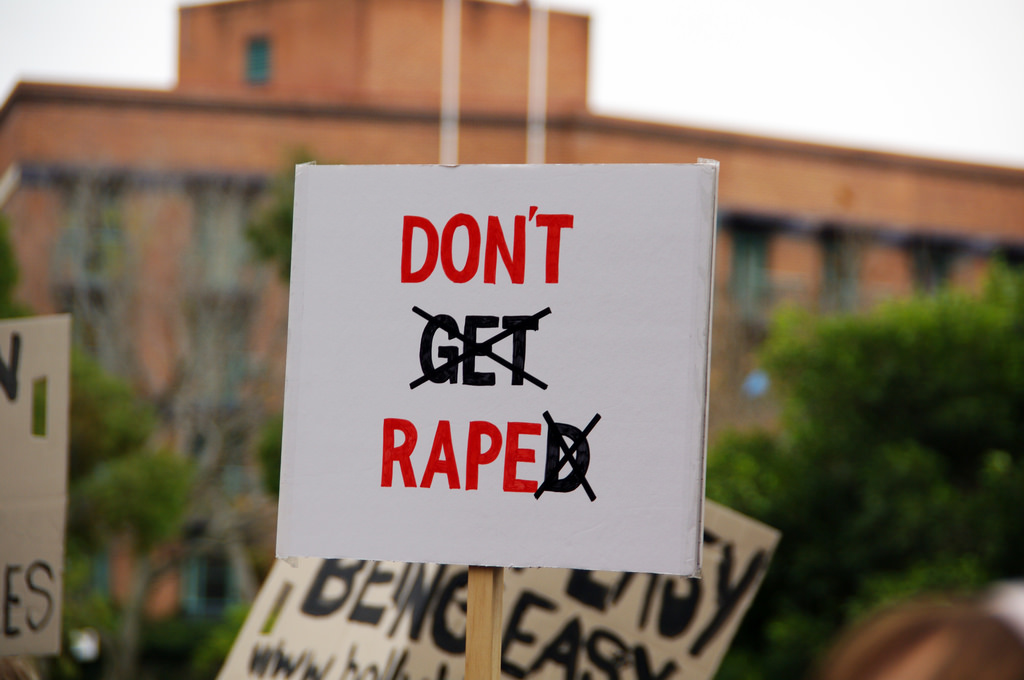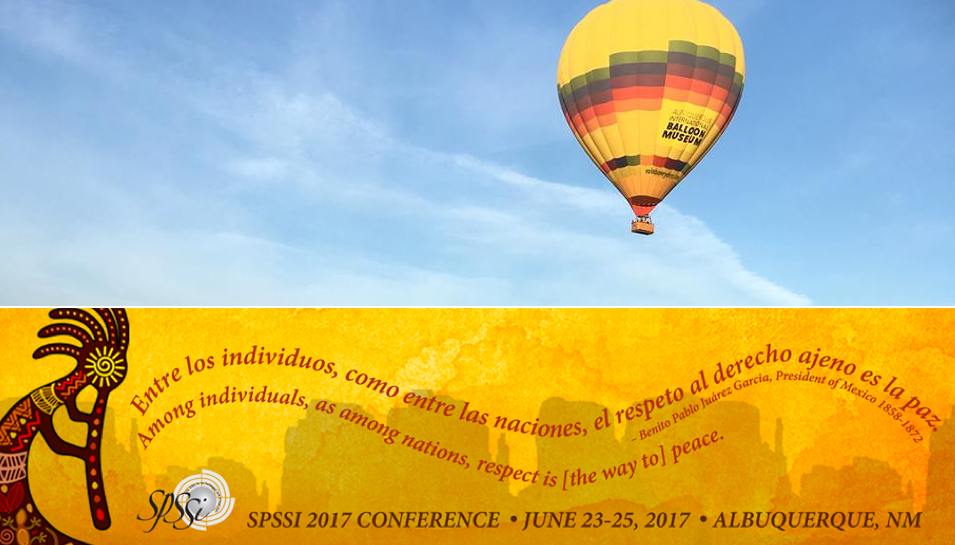I first joined the Applied Social Psychology Lab as part of the Summer Research program at the end of 2012. Having worked for a number of community projects as a support worker and volunteer over the years, I became acutely aware of the need for, and importance of, evidence based policy for social change initiatives. In my life outside academia, one aspect of my support work involved assisting victims of sexual assault and intimate partner violence (IPV) while they reported the incident to police. This experience broadened my awareness of the many types of victims and barriers that they face, the complexity of the legal system, and it sparked my interest in the impact of gender-related stereotypes on legal processes, particularly for typically gendered crimes (e.g. sexual assault and IPV). So in February this year, I began my PhD, looking at the impact of stereotypes about gender and sexual orientation on perceptions of same-sex IPV.
While discussions of IPV have recently been a focus of the public conversation and policy in Australia, reporting and prosecution rates remain relatively low compared to any other crime. From research in related areas, we know that there are a number of legal and extra-legal factors that contribute to this disparity, including (but not limited to) juror-held stereotypes about the crime, the victim and the perpetrator. Research in this area is important because referral of IPV cases (as with other cases) through the legal system is based on beliefs about how others may perceive the case and evidence. For example, in many cases of IPV, evidence is often ambiguous and based on competing version of the testimony. When legal-decision makers are asked to assess this type of case information, they have been found to turn to cognitive schemas, to assist them to attend to, evaluate, and make sense of the information and attribute blame.
While intimate partner violence is a crime predominately committed by male perpetrators against female victims, there is growing evidence to suggest that it occurs at similar rates in same-sex relationships. It’s because of this, and the barriers and social stigma that sexual minorities already face in society, that I am interested in how societal stereotypes might further impact the legal decision-making process in these types of cases.
Some of the existing work in this area suggests that this process is likely to be influenced by prejudicial attitudes about same-sex attracted people, as well as heterosexist stereotypes about the gender roles within these relationships. However, data from the first two studies of my PhD have shown that this is more complex than previously thought, and there are a number of overlapping stereotypes that people hold about gender, sexuality and violence, which may be influencing their judgements of these types of cases. As such, the next stage of the program of research aims to start unpacking these beliefs, and their influence on legal-decision making. Understanding how these beliefs influence evaluations of the victims’ testimony, and evidence more generally, will allow us to develop ways in which to shift the focus away from stereotypes to produce fairer trials.
If you are interested in learning more about research on the influence of evidence and stereotypes on perceptions of cases of IPV, head to the references below. Alternatively, I will post regular updates of the findings of my own research, as they come to hand.
Wasarhaley, N. E., Lynch, K. R., Golding, J. M., & Renzetti, C. M. (2015). The Impact of Gender Stereotypes on Legal Perceptions of Lesbian Intimate Partner Violence. Journal of Interpersonal Violence. http://doi.org/10.1177/0886260515586370
Seelau, S. M., & Seelau, E. P. (2005). Gender-role stereotypes and perceptions of heterosexual, gay and lesbian domestic violence. Journal of Family Violence,20(6), 363-371. doi: 10.1007/s10896-005-7798-4
If you, or anyone you know is experiencing intimate partner violence, regardless of sexual orientation, please don’t hesitate to contact DVConnect:
WomensLine: 1800 811 811
MensLine: 1800 600 636
For LGBTQIA specific resources, or more information visit Another Closet.



